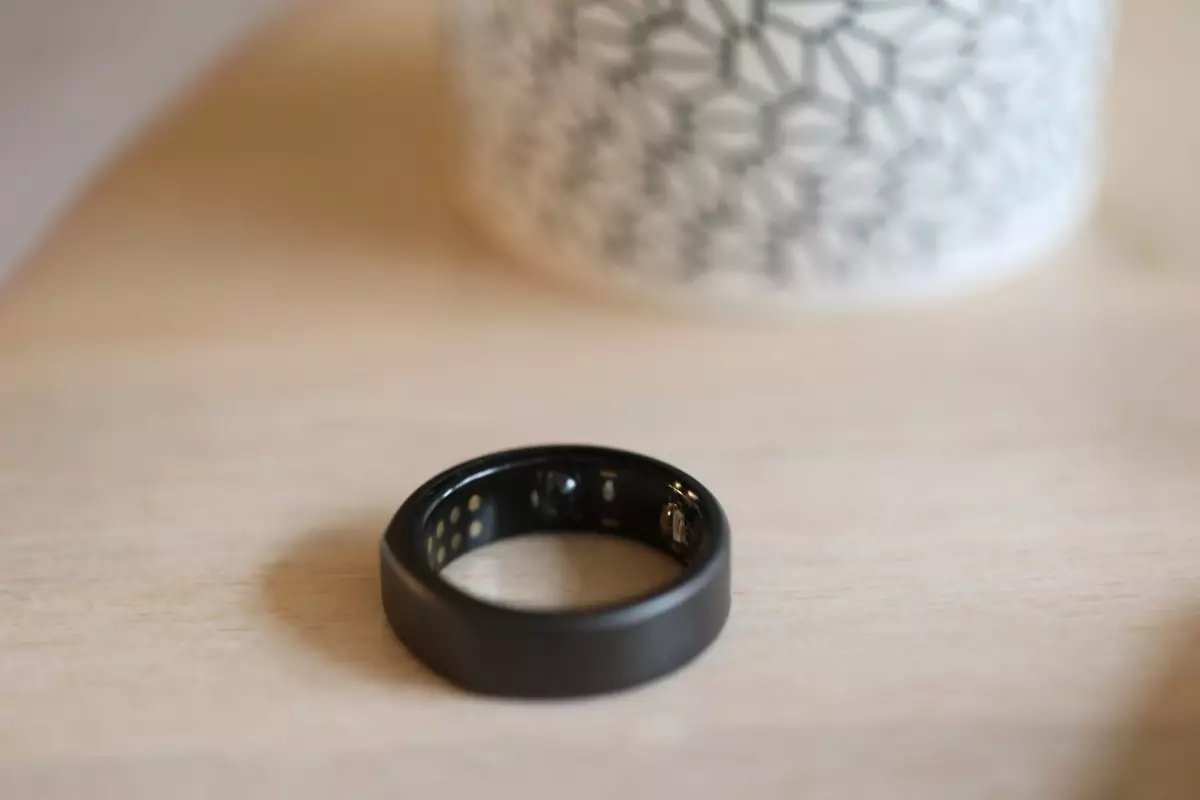The landscape of health technology is evolving rapidly, with companies striving to better meet the needs of consumers eager to take control of their wellness. The recent developments surrounding Oura Ring and its acquisition of Veri signal a significant shift in how personal health data can be integrated and applied. This article delves into the implications of this acquisition and how it aligns with broader trends in health tech.
Oura, best known for its innovative sleep and health-tracking rings, has taken a decisive step by acquiring Veri, a startup specializing in metabolic health. This acquisition comes just as major players in the health tech industry are launching new products aimed at simplifying health monitoring for consumers. Notably, companies like Dexcom and Abbott Laboratories have recently made over-the-counter glucose monitoring devices available to the public, marking a pivotal change in how individuals can track their blood sugar levels.
Veri’s technology, which enables users to analyze their glucose levels and adjust their diets accordingly, complements Oura’s product line. By integrating Veri’s abilities into its offering, Oura aims to provide users with a holistic view of their metabolic health. This strategic acquisition reflects a growing recognition that understanding one’s glucose levels is central to managing overall health—especially in a country where metabolic disorders are increasingly common.
The current trend in health technology underscores consumers’ desire for personalized and actionable insights. Oura’s CEO, Tom Hale, revealed that 97% of Oura users expressed a keen interest in understanding how their nutrition affects their health. This interest is not merely academic; users are actively seeking tools that can help them make informed decisions about their diets and lifestyles. The incorporation of metabolic data from Veri could meet this demand, providing users with customized recommendations for food and exercise based on their glucose levels.
Interestingly, an internal survey revealed that 13% of Oura users had already been using continuous glucose monitors before they became widely available. This statistic suggests that early adopters are informed and engaged consumers who are keen on utilizing cutting-edge technology to enhance their health. Oura’s move may also be viewed as a response to competitors like Ultrahuman, which has ventured into continuous glucose monitoring, creating a heightened competitive landscape.
While the acquisition is promising, it raises questions about how Veri’s metabolic platform will be integrated into Oura’s existing product offerings. Hale has indicated plans to incorporate Veri’s technology into the Oura health suite, but he has not provided detailed insights into the specifics of this integration. Furthermore, there is uncertainty regarding whether current Veri users will need to purchase an Oura ring to access the newly combined services.
One notable aspect of the acquisition is Oura’s existing presence in Helsinki, which positions the company well to absorb Veri’s team and expertise. However, there may be operational challenges ahead as Oura assesses which facets of Veri’s business complement its own. For example, Veri’s previous reliance on prescriptions for access may no longer be necessary given the shift to over-the-counter monitoring.
Looking ahead, one of the most intriguing possibilities raised by Hale is the potential for non-invasive glucose monitoring technology to be integrated into the Oura ring. While he describes this as “something of a pipe dream,” it highlights a broader trend in health technology toward making monitoring devices more user-friendly and less intrusive. The dream of integrating continuous glucose monitoring into a sleek, everyday wearable could revolutionize how consumers manage their health.
As the health tech sector continues to innovate, the collaboration between companies like Oura and Veri could signal the beginning of a new era in personalized health management. Although the specifics of this deal remain undisclosed, the implications for users—and the future of health monitoring—are undoubtedly profound.
Oura’s acquisition of Veri is not just a strategic growth move; it’s a response to a larger trend of consumer demand for integrated, actionable health data. As companies strive to understand and cater to the evolving landscape of personal health management, the integration of glucose monitoring into wearable technology could serve as a beacon of innovation for years to come.

